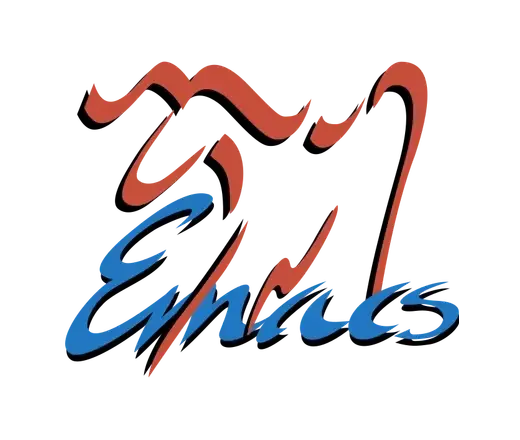By forward function declarations I mean what is needed when a function defined later in the file is called from a preceding one.
By circular I mean file A requires a function in file B which requires a function in file A. Something along those lines
PS. Apologies for inquiring about this again. I am sure I enquired sometime in the past and forgotten the actual question and the response to it.
Mostly they just aren’t a problem. If you write a function A that calls some function B that doesn’t exist yet, you might get a warning. It’ll say something like “B is not known to be defined”. But the key thing to remember is that it doesn’t really care about B yet, not until you actually call A. Only then will it resolve B, checking to see if it is a real function or not, and then call it or error out.
But since most people get annoyed by warnings, they would ensure that A and B are in the same file. JDRiverRun also suggests using
decare-function. If you read the docstring for that (usingC-h f), you‘d get a link to chapter 13.16 Telling the Compiler that a Function is Defined of the Emacs Lisp Manual which describes some of the scenarios where it is useful.As elisp is a dynamic language, it looks up these functions when needed. You can try it: E.g., evaluate this in the scratch buffer (
C-x C-e):(defun testfn1 () (testfn2 "Test123"))This works even though
testfn2is not defined. However, evaluating(testfn1)(actually calling the function) will give you an error astestfn2is not found.When you define
testfn2, it is added to the global scope and thus becomes available fortestfn1.(defun testfn2 (text) (message "Msg: %s" text))Now,
(testfn1)works.You can even define a new version of
testfn2which does something different. This way you can change any function in a lisp environment (this generally applies for scripting languages). This way also circular references are no problem. There may be warnings, when byte compiling functions with undefined references, but these are just warnings and compiling still works. If you look at a byte-compiled elisp file, you still see symbolic references to the called functions.

